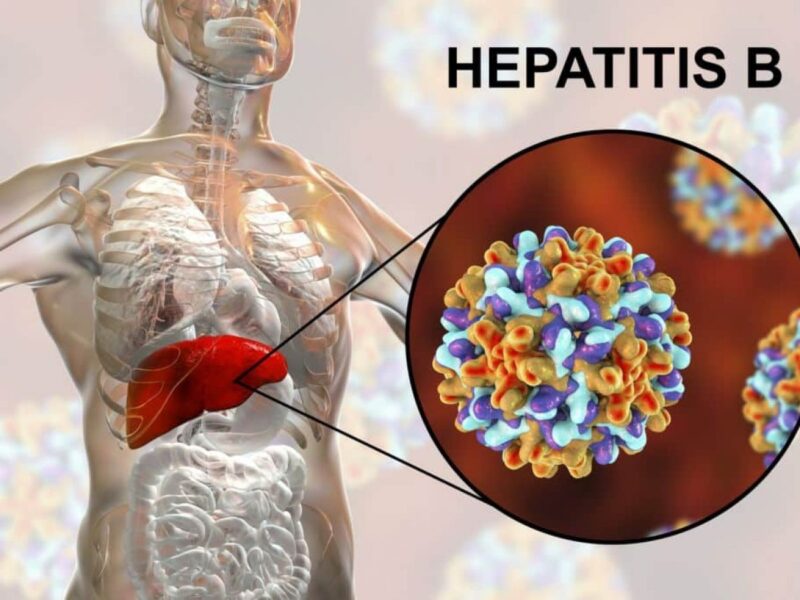According to the World Health Organization, 12.7 million Nigerians have hepatitis B infections.
A variety of infectious viruses and non-infectious substances can induce hepatitis, an inflammation of the liver that can result in a number of health issues, some of which are fatal. Types A, B, C, D, and E are the five primary strains of the hepatitis virus.
Particularly, types B and C are the most prevalent causes of viral hepatitis-related fatalities, liver cirrhosis, liver cancer, and chronic illness in hundreds of millions of people.
According to the World Health Organization’s 2021 viral hepatitis scorecard, 11,679,000 Nigerians and 998,000 children under the age of five are predicted to be chronic carriers of the Hepatitis B virus and Hepatitis B antigen, respectively.
The scorecard, which is based on data from the African continent, is primarily concerned with Hepatitis B and C, which both result in liver cirrhosis and cancer.
“We must do better and stop this disease from stealing away our children’s future. There is a safe and effective vaccine that provides nearly 100% protections against Hepatitis-B, one of the virus’s most lethal strains. We must ensure that all African children are vaccinated within 24 hours of their birth and are followed up with two or more doses of the vaccine.”
According to the study, more than 8% of people in 19 African countries have hepatitis B, while more than 1% of people in 18 of these nations have hepatitis C.
The Hepatitis B virus is most frequently passed from mother to child during labor and delivery, through sex with an infected partner, through improper injections, or by coming into touch with sharp objects.
Based on the scorecard, of the 47 member states mentioned in the African region, Nigeria has the largest proportion of people who are chronic carriers of the virus’s deadliest strain.
The report showed that 1.3% of Nigerians have the anti-hepatitis C virus.
Despite having a national strategy for viral hepatitis and a national hepatitis treatment program, the research revealed that just 58 percent of Nigerians have received the hepatitis B vaccine.
Around 70% of hepatitis B infections worldwide, according to the WHO, are found in Africa. An individual may not have symptoms for decades after contracting the virus.
“Hepatitis has been called the silent epidemic, but this scorecard is sounding an alarm for the region and the world to hear,” said Dr. Matshidiso Moeti, WHO Regional Director for Africa.
“We must do better and stop this disease from stealing away our children’s future. There is a safe and effective vaccine that provides nearly 100% protections against Hepatitis-B, one of the virus’s most lethal strains. We must ensure that all African children are vaccinated within 24 hours of their birth and are followed up with two or more doses of the vaccine.”





